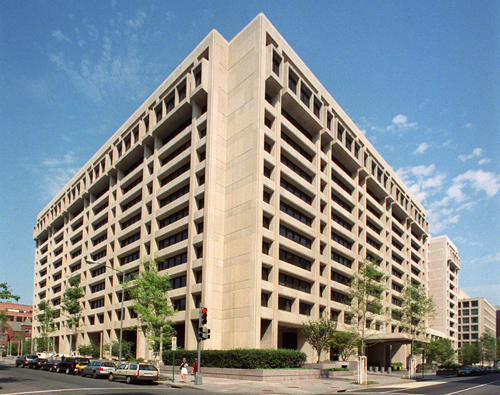
COVID-19: Will consider Pakistan's request for financial aid, says IMF

As the confirmed cases of COVID-19 in Pakistan rose to over 1,320, on Saturday, the International Monetary Fund (IMF) has said it would consider the cash-strapped country’s request for financial assistance to cope with the challenges being posed by the pandemic.
Pakistan, which has reported 11 deaths, had sought financial assistance from the IMF under its Rapid Financing Instrument (RFI) facility to shore up the country’s foreign exchange reserves and budgetary support in the wake of the adverse impact of the pandemic on its economy
“Our team is working expeditiously to respond to this request so that a proposal can be considered by the IMF’s executive board as soon as possible,” IMF Managing Director Kristalina Georgieva said in a statement on Friday (March 27).
Related News: We have entered recession: IMF chief amid COVID-19 pandemic
On March 4, the IMF had announced that it would support vulnerable countries with different lending facilities, including through rapid-disbursing emergency financing, which could amount up to $50 billion for low-income and emerging markets. Of this, $10 billion is available at zero interest for the poorest members through the Rapid Credit Facility (RCF), The Dawn News reported.
On March 25, Hafeez Shaikh, Adviser to the Prime Minister on Finance, announced that Pakistan has arranged about $4 billion additional financial assistance from multilateral lending and aid agencies, including $1.4 billion additional funds from the IMF.
Soon after the announcement, the IMF chief confirmed Pakistan’s request for financial assistance under the RFI to ensure prompt and adequate relief to the people and the economy.
The emergency financing, Georgieva said, would allow Pakistan to address additional and urgent balance of payments needs and support policies that would make it possible to direct funds swiftly to the countrys most affected sectors, including social protection, daily-wage earners and the healthcare system.

